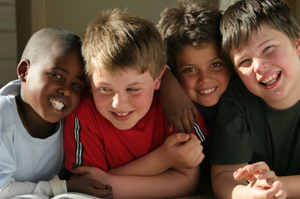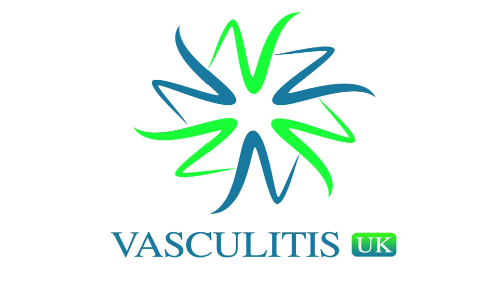
Vasculitis generally affects adults, but an increasing number of younger people and children are being diagnosed. This can have an impact on their schooling, general behaviour and future fertility.
It is also a time when parents need to be aware of the services and benefits available. Government benefits have already been covered. However, specific to children and young people are the following:
School support
It is essential to discuss the nature of the disease and the problems associated with the head and class teachers. This will enable a method of support to be developed, possible reduced hours, home tutoring or private tuition. Where school support is not forthcoming or insufficient the Local Education Authority (LEA) should be contacted. The LEA has a Medical Referrals Team (MRA) who will liaise with the school. A letter from the consultant treating the child/young person will be necessary. Most LEAs provide some form of home tutoring but these vary from authority to authority.
Special needs
It is essential to identify, assess and make provision for children/young persons requiring Special Educational Needs (SEN). There is an SEN Code of Practice to which schools, early education settings, LEAs and others must, by law, adhere to.
Details of all information on special needs are available from the LEA or the schools Special Education Needs Co-ordinator (SENCO) or Learning Support Co-ordinator.
Web site information: Special educational needs and disabilities (SEND) and Children with special educational needs (SEN)
In addition a podcast is available to listen to at: Contact a family
Other services and allowances
The National Parent Partnership offers impartial advice, information and support to parents/carers with children with special needs: National Parent Partnership Network
Education Maintenance Allowance may be available for 16-18 and some 19 year olds. Details from the school, college or training provider.
Influenza vaccination for children
The nasal (Fluenz) vaccine is being recommended for children from 2 to 17 years old. However it should not be given to immunocompromised children. Nor should it be given to children who are in contact with immunocompromised adults since as it’s live it may be transferred. Children can be given an injection of the inactivated vaccine as an alternative but it is known to be less effective for young people.
The NHS has produced a leaflet Protecting Your Child Against Flu. This contains a section about children who shouldn’t have the nasal vaccine.
Transition: Getting it right for young people

Improving the transition of young people with long term conditions from children’s to adult health services
The aims of a transition programme
As they get older, children need to be involved increasingly in decisions about matters that affect them, so that by the time they are young adults they have learned to take responsibility for their own health. That task is more complicated for those with long term health problems and the price of getting it wrong can be much higher. An increasing number of children with complex disorders that only a few years ago were fatal in infancy or childhood now survive into adolescence and adult life, presenting new and unfamiliar challenges.
Young people move from a children’s or young person’s clinic, where they may have known their paediatrician and many other staff through much of their childhood and teens, to bigger clinics where they are surrounded by much older patients whose diseases may be very different from their own; they are less likely to see the same doctor at each visit; consultations may be shorter, and support and advice from staff may be less readily available. This is where the “transition programme” is helpful.
Transition can be defined as “a purposeful, planned process that addresses the medical, psychosocial and educational/vocational needs of adolescents and young adults with chronic physical and medical conditions as they move from child-centred to adult-oriented health care systems.”
To view the full PDF transcript: Transition: Getting it right – government archive
Further reading
Classicication, presentation and initial treatment of Wegener’s Granulomatosis in childhood – Cabral DA, Uribe AG et al Arthritis and Rheumatism – Vol. 60, No. 11, November 2009, pp 3413–3424
Winston’s Wish
Winston’s Wish is the leading childhood bereavement charity and the largest provider of services to bereaved children, young people and their families in the UK.
They offer practical support and guidance to families, professionals and anyone concerned about a grieving child. They believe that the right support at the right time can enable young people to live with their grief and rebuild positive futures.
Helpline: 08452 03 04 05 Winston’s Wish Head Office: 4th Floor, St James’s House, St James Square, Cheltenham, Gloucestershire, GL50 3PR. General Enquiries: 01242 515157 Fax: 01242 546187. Winston’s Wish
Email: [email protected]
Vasculitis UK – Leaflet for children with vasculitis
The Trust has produced a leaflet especially for children diagnosed with vasculitis. Although it is worded for the child patient it may help to explain to children what is happening when a parent has been diagnosed with one of the vasculitides. The pamphlet is available from John Mills (Chair) – see contact page.
